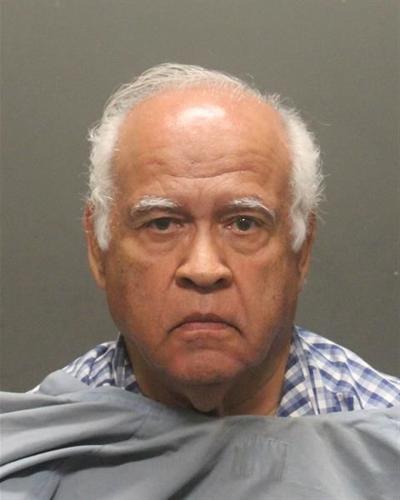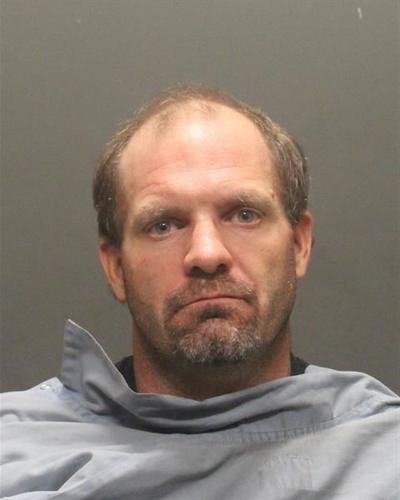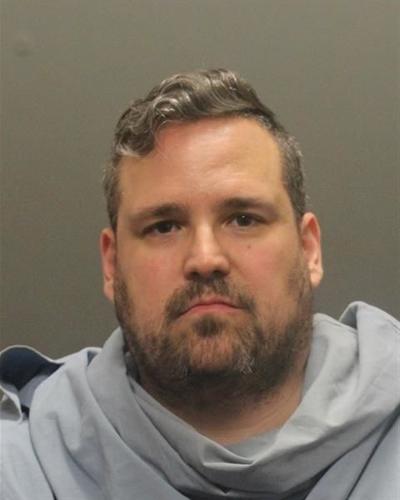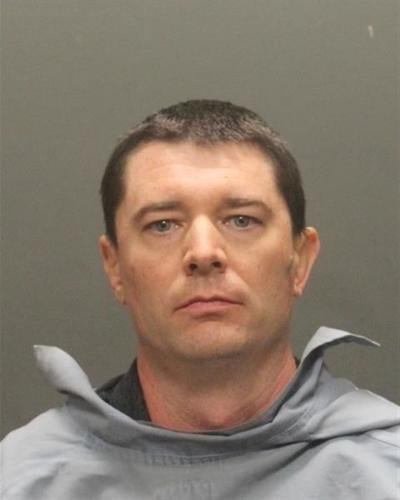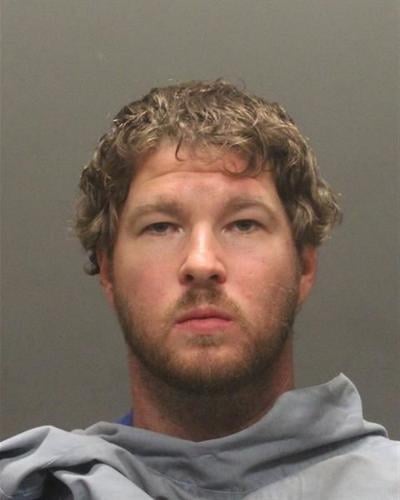Officials arrested 21 men, including a U.S. Customs and Border Protection officer, for allegedly attempting to engage in sexual acts with minors in Southern Arizona last week during a five-day sex sting operation.
Between July 29 and Aug. 2, law enforcement personnel from 12 agencies took part in online chats posing as juveniles and agreeing to meet with the men in Tucson to engage in sexual acts, Tucson police said. The 21 men were arrested after arriving to meet with the supposed juvenile they had been chatting with.
Former CBP officer Daniel E. Perez was among those taken into custody. An agency statement said Perez, who was an officer at the time of his arrest, is no longer employed by CBP and they will "fully cooperate with all investigations of alleged employee misconduct."
The men were booked into Pima County jail and each charged with luring of a minor for sexual exploitation. Most of the men faced additional charges including aggravated luring of a minor for sexual exploitation, sex trafficking of a minor, attempted sex conduct with a minor and sex offender registration violation, the Tucson Police Department said in a news release.
Besides the Tucson Police Department, other agencies involved in the operation include the Pima County Sheriff's Department, the Oro Valley Police Department, the Department of Public Safety, the United States Customs and Border Protection, the Federal bureau of Investigation, the U.S. Marshals Service, the Bureau of Alcohol, Tobacco, Firearms and Explosives, Homeland Security Investigations, the United States Secret Service, the Pima County Attorney's Office and the Arizona Attorney General's Office.
TPD took the opportunity to remind parents and guardians to monitor their children's social media accounts and be aware of their online friends and their internet history.
"Set parental controls when necessary and talk with children about the potential dangers of the internet and social media," the department advised in a news release. "Being aware of their internet activity is crucial for their safety."



